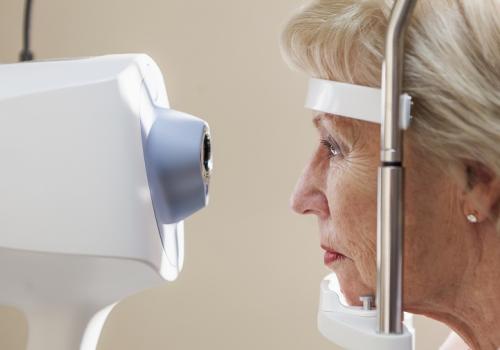
Blepharitis
Blepharitis refers to chronic inflammation of the eyelids. There are several possible causes and it is advisable to consult your optometrist for appropriate treatment options.

Cataracts
When a cloudy area develops within the normally clear lens of your eye, it's called a cataract. Cataracts are most often found in people over the age of 55, and may or may not progress to the point where they interfere with daily activities. In cases where cataracts do progress, surgical removal may be considered. Cataract surgery is highly developed and thought to be 90-95% successful in restoring functional vision.

Conjunctivitis & Pink Eye
Pink eye is a common name for conjunctivitis and is usually used to describe the infectious form of conjunctivitis that is known to spread quickly and cause redness and inflammation of the eye. The two other main types of conjunctivitis are allergic and chemical. An optometrist can diagnose the form of conjunctivitis and recommend appropriate treatment.

Diabetes & Ocular Health
Diabetes is a chronic disease that prevents the body from making or using insulin. Because of the ocular health risks associated with diabetes, annual eye exams are crucial. An optometrist can detect changes in the eye due to diabetes and these changes are often the first indication of the disease or that a person with the disease does not have adequate blood sugar control.


Glaucoma
Glaucoma refers to a family of diseases that damage the optic nerve, which is the nerve that carries information from your eye to your brain. When it is damaged, there is typically a loss in peripheral vision. The sooner Glaucoma is diagnosed and treated, the better the prognosis.

Macular Degeneration
Macular degeneration affects the macula, which is the part of the retina responsible for high resolution central vision. Macular degeneration causes blurred or distorted central vision while the side or peripheral vision remains unaffected.
